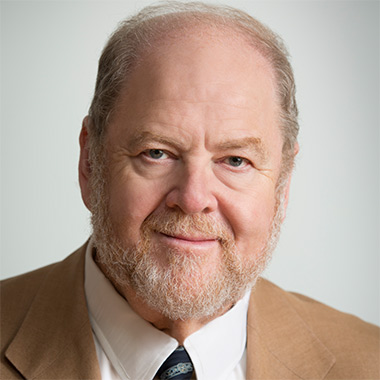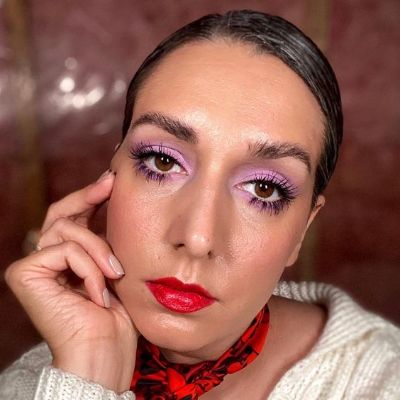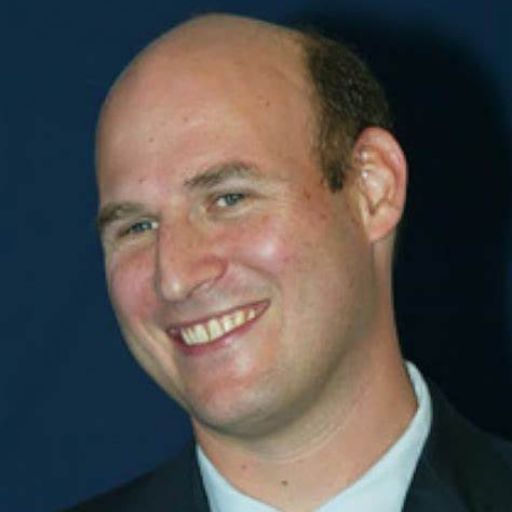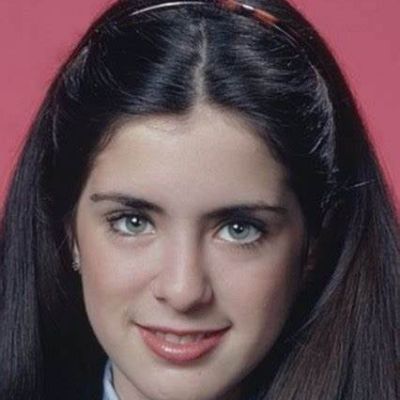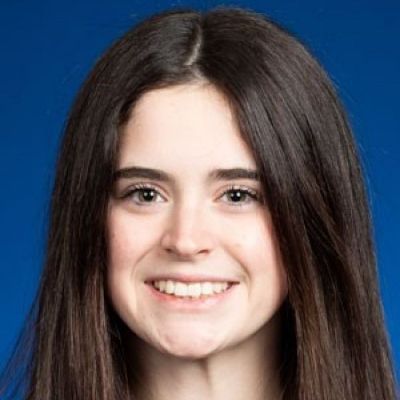James E Rothman Biography
Quick Facts James E Rothman
- NameJames E Rothman
- Birth PlaceHaverhill, Massachusetts, United States
- Education Pomfret School, Yale University
James Edward Rothman was born on November 3, 1950, in Haverhill, Massachusetts, United States. In 2014, Rothman was awarded Nobel Prize in physiology or medicine jointly with Randy Schekman and Thomas C. Südhof for their work on vesicle trafficking.
RESEARCH & HIS CONTRIBUTIONS
He is the chairman of the Department of Cell Biology at Yale School of Medicine. Fergus F. Wallace Professor of Biomedical Sciences at Yale University and director of the Nanobiology at Yale West Campus. He is also Professor of physiology and cellular biophysics at Columbia University and a research professor at Institute of Neurology, University College, and London. Besides Nobel prize, he was honored with King Faisal International Prize (1996) and Louisa Gross Horwitz Prize and Albert Lasker Award for Basic Medical Research in 2002.
He did his high school diploma from Pomfret School. In 1967, he was graduated from the Ivy Academia and B.A in physics from the Yale University in 1971. In 1976, he did his Ph.D. in biological chemistry from Harvard where his associate was Eugene Patrick Kennedy.
Rothman started his postdoctoral research after his Ph.D. at Massachusetts Institute of technology with Harvey Lodish. He was researching on glycosylation of membrane proteins. In 1978, he went to Department of Biochemistry at Stanford University. He founded Department of cellular Biochemistry and Biophysics at Memorial Sloan-Kettering Cancer Center but he also worked at Princeton University for four years (1988-1991). He was vice chairman of Sloan-Kettering Institute. Rothman becomes the professor of physiology at College of Physicians and surgeons under Columbia University and left Sloan-Kettering Institute. Rothman was also head at Columbia’s Center of chemical biology. In 2008, he moved to Yale from Columbia but continuously had a part-time appointment at Columbia.
James-RothmanRothman joined Amersham plc scientific advisory board in 1995 but it was acquired by GE Healthcare later on. When GE Healthcare acquired Amersham plc Rothman was made Chief Science Advisor to GE Healthcare.
Rothman research and detailed how vesicles transport hormones, a molecule within cells, their growth factors and their correct destinations. He also explained where and when they release their content. Rothman was working on cellular trafficking and it has many it has many delicate issues like its physiological functions, the propagation of the cell itself in the division, secretion of insulin and other hormones in the body, communication between nerve cells in the brain and nutrient uptake. The conditions like diabetes and infectious disease botulism are all the defects of this process. The defects in this process may create many more conditions in the human body.
HONORS
Rothman was honored with Kavli Prize which he shared with his associates Thomas C. Südhof and Richard Scheller for neuroscience for discovering the molecular basis of neurotransmitters release. In 2013, Rothman was awarded Nobel Prize in Physiology or Medicine together with his associates Thomas C. Südhof and Randy Schekman for the discovery of machinery regulating vesicle traffic which is a major transport system in human cells.
Rothman is also a member of the Institute of Medicine of the National Academy of Sciences.
Tags
